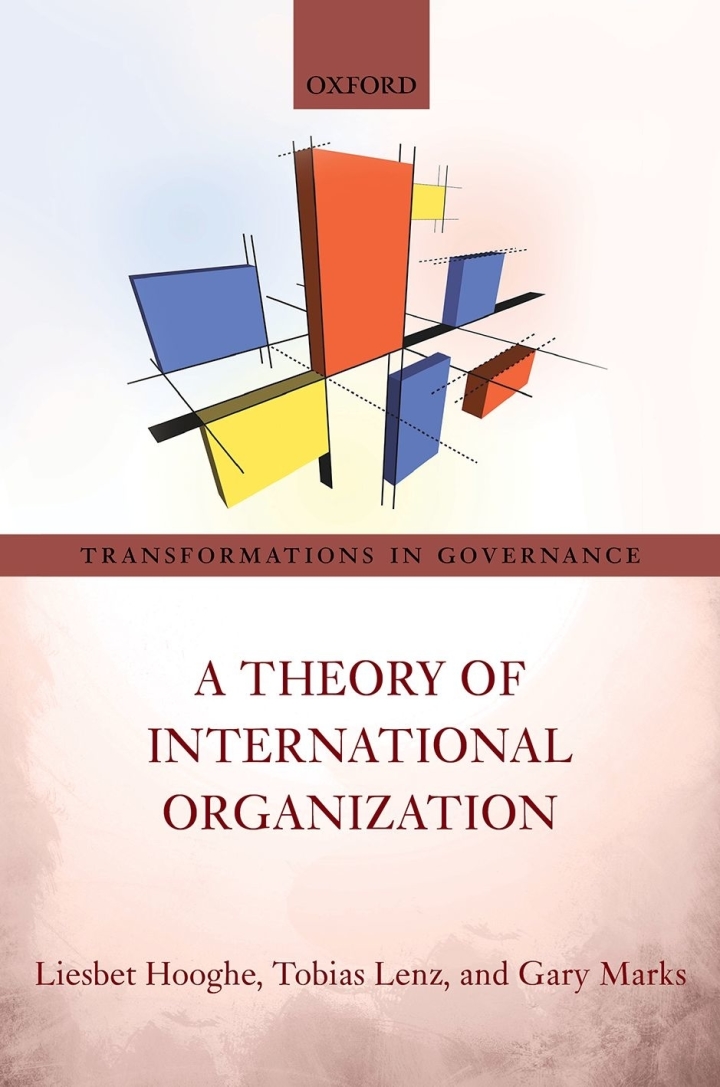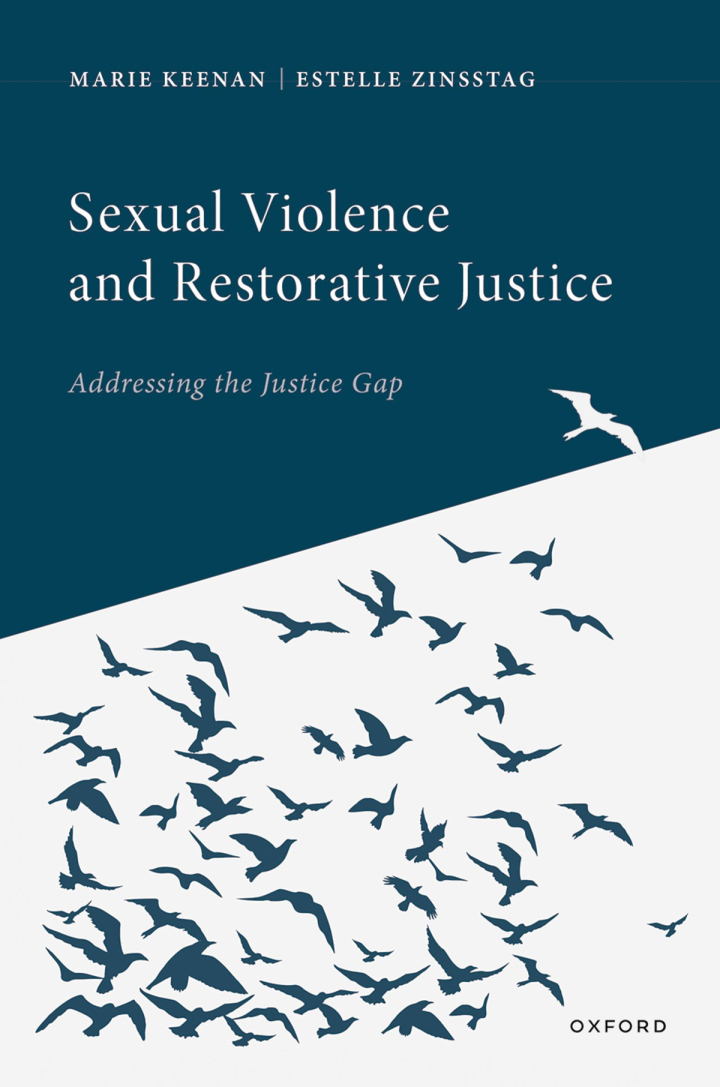“A Theory of International Organization” has been added to your cart. Continue shopping
Sexual Violence and Restorative Justice
$34.12
Attention: This is just ebook, Access Codes or any other Supplements excluded! / File Delivery: Sent Via Email within 24 hours!
SKU: 7eae0e54469e
Category: Law Textbooks
Description
-
Author(s)Marie Keenan; Estelle Zinsstag
-
PublisherOUP Oxford
-
FormatPDF
-
Print ISBN
9780198858638, 0198858639 -
eText ISBN
9780198858638, 0198858639 -
Edition2022
-
Copyright
- Details
Concerned by the high attrition rates for sexual crime and the secondary victimization experienced by victims during their participation in the criminal justice system, this book analyses the extent to which restorative justice can address the justice gap that exists in current justice provision.Building on clinical experience and earlier research on sexual crime the authors engage with the complex dynamics and traumatic impact of sexual crime as a critical starting point for their research and examine whether restorative justice can contribute to a more enhanced justice response.
The book presents extensive new data on restorative justice as applied in sexual violence cases across the globe. It engages with feminist concerns regarding the traumatic impact of sexual violence and the power imbalances that characterise these offences, as well as the potential for re-traumatisation and re-victimisation during the judicial process. While there is a risk of coercion of the victim to participate in the process, and manipulation of restorative justice by the offender, restorative justice has the potential to lead to the reprivatisation of sexual crime and ultimately to its decriminalisation.
Having examined these topics in detail, the book concludes there is an important role for restorative justice in addressing the justice gap that exists after sexual crime and offers guidance on how this can be achieved.
Related products
-

Challenges for Humanitarian Intervention 1st Edition Ethical Demand and Political Reality
Rated 0 out of 5$27.62 Add to cart -

Against Capital Punishment
Rated 0 out of 5$12.35 Add to cart -

Commercial Arbitration in Sweden 3rd Edition
Rated 0 out of 5$146.25 Add to cart -

A Theory of Global Governance Authority, Legitimacy, and Contestation
Rated 0 out of 5$12.35 Add to cart


